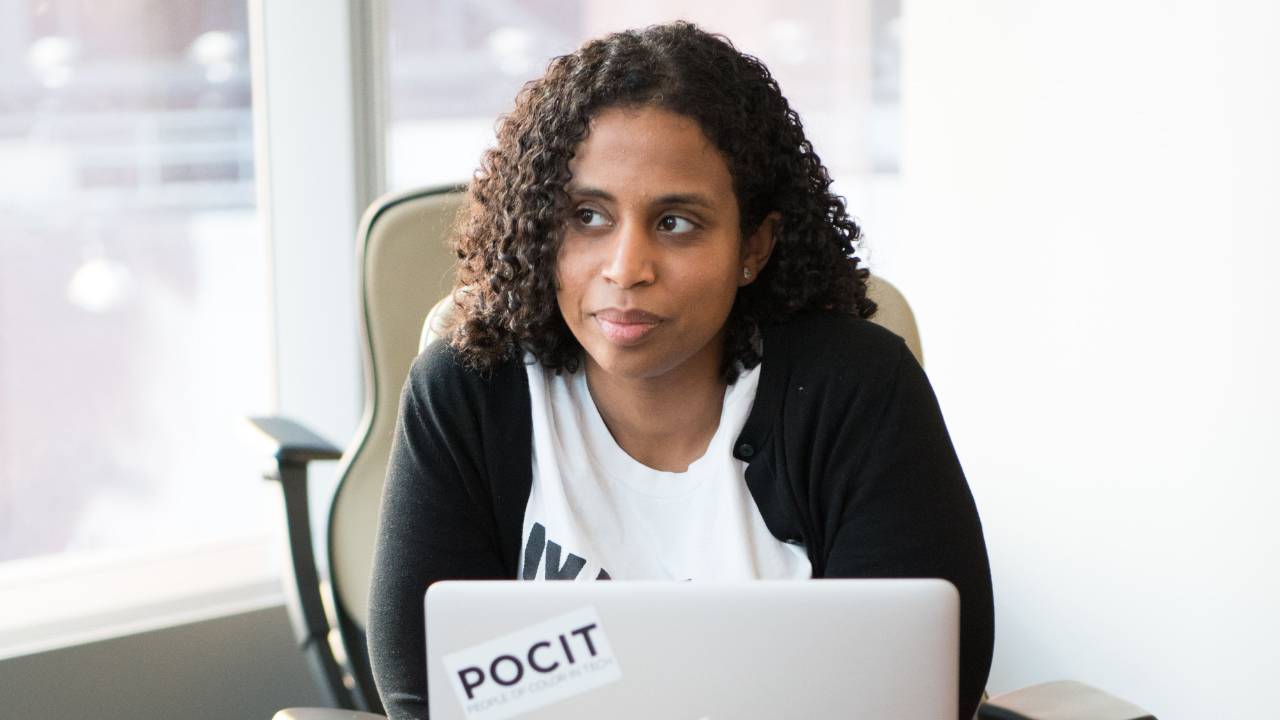When should I do a PhD?
May 22, 2023
While working at various doctoral programme recruitment events, one common question I often have to answer is “what is the best time (in one’s life) to start a PhD?” Unfortunately, this is one of those “how long is a piece of string” questions where there is no proper answer. While I cannot clearly advise when you should do a PhD since it is a pretty expensive and lengthy commitment, I can help you decide for yourself by getting you to consider some questions to test your PhD-readiness.
How prepared are you financially?
A PhD is expensive even with funding. There is usually only a tiny stipend or allowance as part of your funding which also means that there is a certain strain on your lifestyle. Obviously, for those already working, you will need to consider if you are in a position to sacrifice your salary for a few years. It was very important for me to budget my monthly expenditure to better understand my financial position before I started my PhD. My advice is to not underestimate your expenditure and be realistic. The PhD is nothing like doing a degree. With the stress of the PhD, you are not likely to want to stay in a house of 10 rowdy students no matter how cheap the rent is. There is also a question of additional costs that may not be covered by your funding such as a new laptop to process data, a dictaphone, transcription, printing etc. It is always useful to set aside some money in case these are not covered by your funding.
How much do you actually enjoy this research?
It is great that you have got a PhD offer or there is a research project that you find interesting but do consider that you have to be doing this single research over 3 to 5 years. It is a scary thought, but I do think it is important that you take this into consideration. I have seen students get burned out, give up or lose interest in the first few months of the PhD. If you start the PhD feeling disinterested, the rest of the years will be a pain for you. For myself, my passion for what I am researching was key in pushing me through all the difficult times. I recall telling my supervisor that I would only do a PhD if it is about the research topic I proposed. Without a certain level of interest in the research, you will have to find other ways to motivate yourself which can make things harder. There are often PhD positions advertised in practically any field. It is sometimes worth waiting for the right opportunity rather than rushing hastily into a research that you end up disliking quickly.
How keen are you in returning or continuing in a university setting?
It is logical to assume that it is somewhat easier for someone to continue being a student (after finishing a degree or masters) than to return to the university after having worked a few years in a non-academic setting. Not everyone is able to switch the minds quickly into academia mode where you have to think, write, and conduct yourself in a different way. I have seen some students struggle initially with the academic nature of the PhD like reading and writing at a very high level.
That said, it is still important to remember that the PhD is a learning journey and you are not expected to be completely be accustomed to everything right at the start. Nonetheless, there are people who cannot get accustomed to academia and the academic expectations of the programme even after a fairly long time.
How is your support structure like?
The PhD can be arduous as much as it is rewarding. You sometimes find yourself having to rely on the strength of others to keep plodding along when it gets tough. As much as your supervisors are there for some pastoral support, this is often not enough and you may have to turn to the people around you. What do the people around you think about you starting a PhD? Are they supportive? Can they help you with childcare if you have to work longer hours in the office? Having a good support structure can ensure that you are focusing when you need to, and you have others to rely on when this gets tougher.
What other life goals are you potentially sacrificing for the PhD?
I know of someone who had to put off having children so that he could complete his PhD. Everything comes at an opportunity cost. What other desires or goals do you think you need to delay or put on hold? The research comes with some peaks and troughs which can really affect some of your plans such as starting a family, starting a business, learning a language etc. It is useful to put in a contingency plan for when these goals clash.
No one can really tell you if it is the best time for you to do a PhD. Sometimes, you don’t really have that much time to think about these things as well. As much as I love my PhD, I felt that my decision was somewhat made hastily and I would have probably been more comfortable at the start if I was afforded more time to think about these things before I started the PhD.

